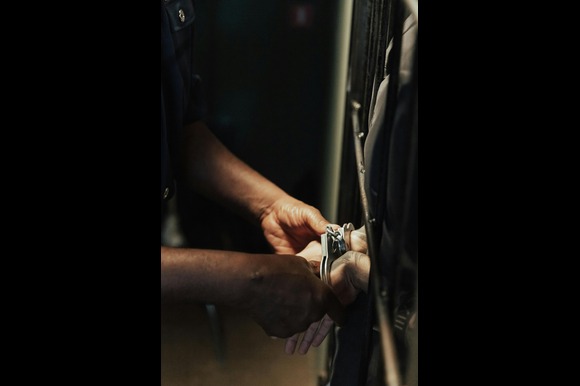Japan has carried out the execution of a man convicted of murdering and dismembering nine people he had contacted through social media, marking the first use of the death penalty in the country in nearly three years.
Takahiro Shiraishi, who was sentenced to death for the 2017 killings of eight women and one man, was hanged on Friday. The murders took place in his apartment in Zama, a city in Kanagawa Prefecture near Tokyo. He became known in the media as the “Twitter killer” due to his use of the platform — now rebranded as X — to approach his victims.
Shiraishi admitted to luring individuals who had expressed suicidal thoughts online, offering to assist them in ending their lives. He subsequently killed them and stored parts of their dismembered bodies in coolers scattered throughout his small apartment, according to reports from Japanese media.
Justice Minister Keisuke Suzuki, who signed the execution order, said the decision came after a thorough review of the case. He described Shiraishi’s motives as “extremely selfish” and noted that the killings had caused significant societal distress and alarm.
Friday’s hanging is Japan’s first execution since July 2022, when authorities carried out the death sentence of a man responsible for a 2008 stabbing spree in Tokyo’s busy Akihabara district. It also marks the first use of capital punishment under Prime Minister Shigeru Ishiba’s government, which came to power in October of last year.
In a separate high-profile case, a Japanese court in September acquitted Iwao Hakamada, who had spent decades on death row. Hakamada had been imprisoned for nearly 60 years, making him the world’s longest-serving death row inmate before the court determined that he had been wrongfully convicted.
One of the most widely publicised executions in recent Japanese history occurred in 2018, when authorities hanged Shoko Asahara, the leader of the Aum Shinrikyo doomsday cult, along with 12 of his followers. They were found guilty of carrying out the deadly 1995 sarin gas attack on Tokyo’s subway system, which killed 14 people and injured thousands.
Japan enforces capital punishment by hanging, and inmates are typically informed only a few hours before their execution. This practice has long drawn criticism from international human rights organisations, which argue it causes extreme psychological stress for prisoners on death row.
Among the Group of Seven industrialised nations, only Japan and the United States continue to uphold the death penalty. Despite global scrutiny, public support for capital punishment remains strong in Japan. A 2024 government survey involving 1,800 respondents found that 83 percent considered the death penalty to be “unavoidable.”






